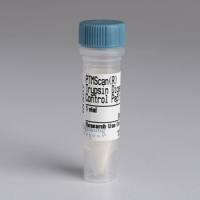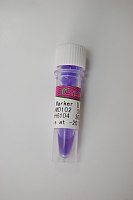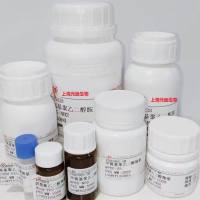Methods for Studying Formation of Polycation-DNA Complexes and Properties Useful for Gene Delivery
互联网
479
There is an urgent requirement in the field of gene therapy for gene transfer vectors that are both safe to use and able to efficiently deliver therapeutic genes to target cells in vivo. Viral vectors, such as retrovirus, adenovirus, and herpes simplex virus, are efficient in transducing a broad range of cells, but they often lead to an inflammatory response against successfully transduced tissues, along with a strong immunogenicity of the virus itself (1 ). A further problem is the often expensive and laborious procedure required to produce the virus in sufficient quantities. In the past decade, several nonviral gene transfer vectors based on polycations (2 ) and liposomes (3 ,4 ), have been developed in order to overcome such problems. These vectors are becoming increasingly popular for use in delivering DNA to target cells both in vitro and in vivo because they are generally nonimmunogenic and easier to manufacture in bulk quantities. This chapter focuses on the use of polycations in gene delivery vectors.









